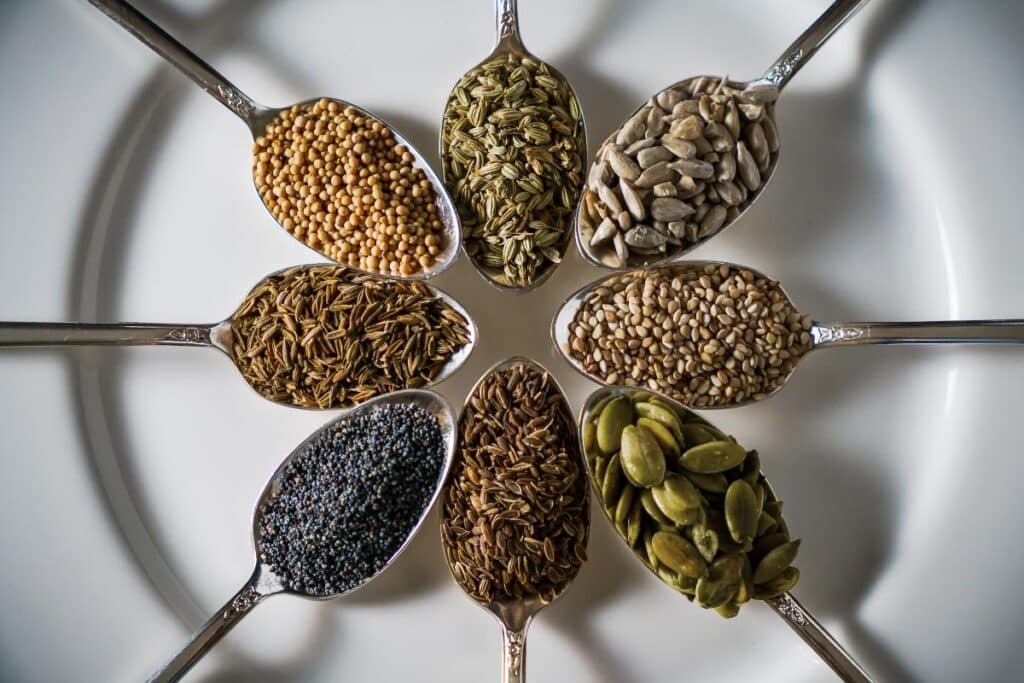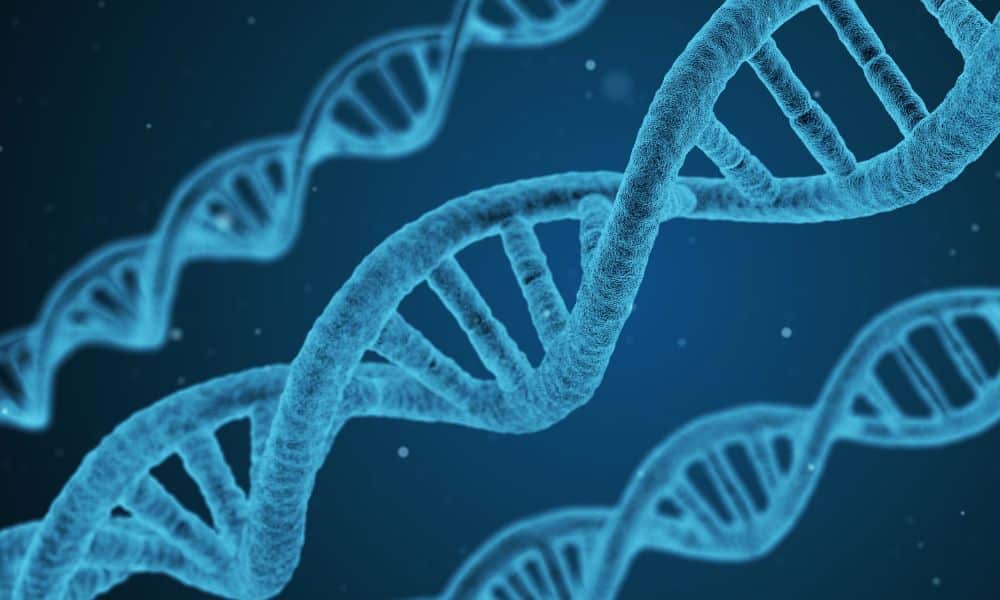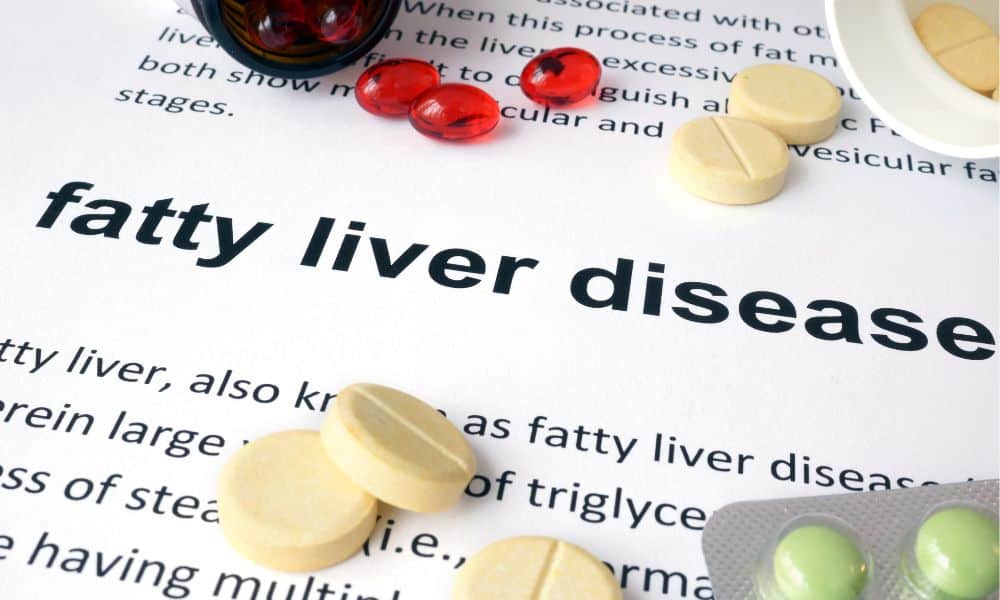Have you tried hemp, flax, or chia seeds to improve the nutritional profile of your diet and optimize your health and fitness journey? In recent years, there has been a surge in interest surrounding the health benefits of seeds, particularly hemp seeds, flax seeds, and chia seeds.
These small but mighty seeds are hailed for their nutritional prowess and have found their way into the diets of health-conscious individuals, vegans, and those seeking to enhance their overall well-being. Let’s delve into the nutritional profiles of these seeds, comparing their vitamin, mineral, amino acid, and omega fatty acid compositions.
Hemp Seeds
Hemp seeds, derived from the Cannabis sativa plant, are tiny nutritional powerhouses that have gained significant attention for their health benefits. Packed with diverse nutrients, hemp seeds are a remarkable source of complete protein required by the human body. Their exceptional profile, with an optimal balance, supports heart health, brain function, and reduced inflammation.
Additionally, hemp seeds are rich in essential vitamins and minerals, contributing to overall well-being and bodily functions. These versatile seeds can be enjoyed in various ways, from sprinkling them over salads to blending them into smoothies, making them a convenient and nutritious addition to any diet.
Vitamins and Minerals: Hemp seeds are a rich source of essential vitamins and minerals. They are exceptionally high in vitamin E, an antioxidant protecting cells from oxidative stress. Hemp seeds also contain significant amounts of magnesium, phosphorus, potassium, and iron, crucial for various bodily functions such as bone health, muscle function, and energy production.
Amino Acids: Hemp seeds are a complete protein source, providing all nine essential amino acids the body cannot produce independently. These amino acids are the building blocks of protein and play crucial roles in muscle growth, repair, and overall health.
Omega Fatty Acids: One of the standout features of hemp seeds is their optimal omega fatty acid profile. They are a great source of omega-3 and omega-6 fatty acids in a balanced ratio. These healthy fats contribute to cardiovascular health, brain function, and reducing inflammation.
Flax Seeds
Flax seeds derived from the Linum usitatissimum plant have gained recognition as a nutritional gem due to their remarkable nutrient content. High in dietary fiber, flax seeds support digestive health and help regulate blood sugar levels.
Flax seeds also provide a range of essential vitamins and minerals for bone health and muscle function. These seeds can be ground or used whole, making them an easy addition to cereals, yogurt, or baked goods, allowing individuals to harness their health benefits and nutty flavor in various culinary creations.
Vitamins and Minerals: Flax seeds are notably high in several vitamins and minerals, including thiamine (vitamin B1), magnesium, and phosphorus. Thiamine is vital for converting food into energy, while magnesium and phosphorus support bone health, muscle function, and overall energy metabolism.
Amino Acids: While flax seeds contain amino acids, they are not considered a complete protein source like hemp seeds. However, they can still contribute to your daily protein intake and provide a range of essential amino acids.
Omega Fatty Acids: Flax seeds are renowned for their omega-3 fatty acid content, specifically alpha-linolenic acid (ALA). Omega-3 fatty acids are associated with heart health, brain function, and reducing inflammation. Flax seeds contain a higher proportion of ALA compared to other seeds.
Chia Seeds
Chia seeds, originating from the plant Salvia hispanica, have garnered attention as a nutritional powerhouse due to their impressive nutrient profile. These tiny seeds are brimming with essential vitamins and minerals integral for bone health, energy metabolism, and antioxidant defenses.
Chia seeds are well-known for their ability to absorb liquid and form a gel-like consistency. They are versatile ingredients for puddings, smoothies, and baked goods, offering a convenient way to enhance nutrition and texture in various dishes.
Vitamins and Minerals: Chia seeds pack a punch of vitamins and minerals. They are an excellent source of calcium, phosphorus, magnesium, and manganese, vital for bone health, energy metabolism, and antioxidant defense.
Amino Acids: Like flax seeds, chia seeds provide a decent amount of amino acids but are not considered a complete protein source.
Omega Fatty Acids: Chia seeds are another source of alpha-linolenic acid (ALA), making them a valuable addition to a diet aiming to increase omega-3 intake. They also provide a balanced ratio of omega-3 to omega-6 fatty acids.
Table
Here’s a simplified table comparing the nutritional profiles of hemp seeds, chia seeds, and flax seeds per 1 ounce (28 grams) serving:
| Nutrient | Hemp Seeds | Chia Seeds | Flax Seeds |
|---|---|---|---|
| Calories | 166 | 137 | 150 |
| Protein (g) | 9.47 | 4.69 | 5.16 |
| Total Fat (g) | 14.62 | 8.72 | 12.29 |
| Saturated Fat (g) | 1.38 | 0.96 | 1.04 |
| Monounsaturated Fat (g) | 1.63 | 0.62 | 2.22 |
| Polyunsaturated Fat (g) | 11.42 | 6.73 | 7.53 |
| Carbohydrates (g) | 2.6 | 12.29 | 8.2 |
| Dietary Fiber (g) | 1.2 | 10.6 | 7.7 |
| Sugars (g) | 0.45 | 0.61 | 0.25 |
| Calcium (mg) | 21 | 177 | 45 |
| Iron (mg) | 2.38 | 1.58 | 1.59 |
| Magnesium (mg) | 210 | 95 | 75 |
| Phosphorus (mg) | 495 | 177 | 180 |
| Potassium (mg) | 360 | 44 | 170 |
| Omega-3 (g) | 2.75 | 5.06 | 6.39 |
| Omega-6 (g) | 7.47 | 1.61 | 1.66 |
| Vitamin E (mg) | 0.6 | 0.1 | 0.3 |
Nutritional values can vary based on growing conditions and processing methods. This table provides a general comparison to give you an idea of the dietary differences between hemp, chia, and flax seeds.
The Verdict
All three seeds – hemp, flax, and chia seeds – offer unique nutritional benefits, making them valuable additions to a well-rounded diet. When comparing their vitamin and mineral content, it’s clear that each source brings its strengths.
Hemp seeds are an excellent choice for a complete protein source with a balanced omega fatty acid profile. Flax seeds stand out with their omega-3 content, particularly ALA. Chia seeds impress with their diverse vitamin and mineral content, including calcium.
Conclusion
Incorporating various seeds into your diet can provide a well-rounded nutritional boost. Remember that while sources are nutrient-dense, they should be consumed as part of a balanced diet rich in whole foods. If you have specific dietary needs or health concerns, it’s always advisable to consult a healthcare professional or registered dietitian before making significant dietary changes.
If you or someone you know is looking to improve your health, share this article on Facebook or Twitter so that others can learn more about self-care.




